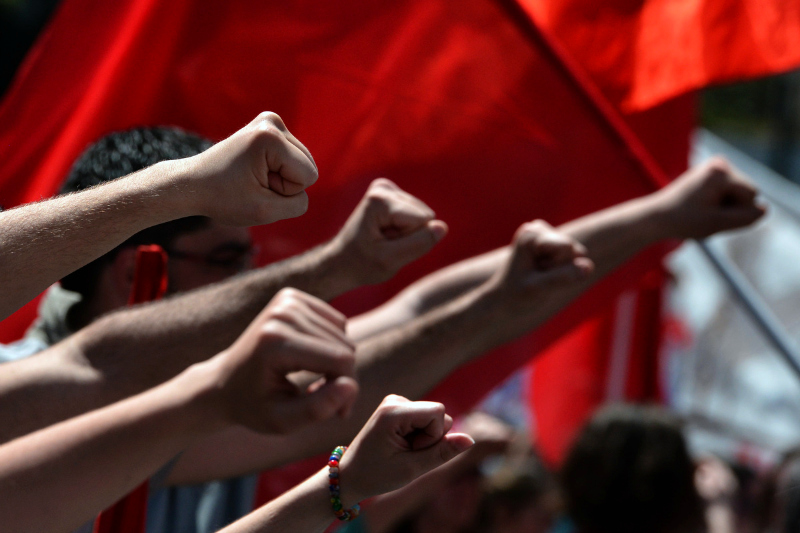Kerby Anderson
Earlier this month, a mob on campus shut down the lecture and attacked a professor. The protest I am talking about took place at Middlebury College but could have taken the place at the University of California at Berkeley or at the University of Missouri or a number of other campuses.
Conservative author Charles Murray was scheduled to deliver a talk and then be interviewed by politically progressive professor Allison Stanger. Students in the room shouted him down. They moved to another room to stream the discussion. Protestors tried to break into the room and pulled fire alarms which temporarily shut off power to the live stream. As they exited the building, protesters wearing bandanas attacked them, pulling Stanger’s neck, injuring her and sending her to the hospital. Once they got into the car, protesters pounded the car and jumped on it. Professor Stanger wrote in her New York Times op-ed that she feared for her life.
Some have tried to argue that Middlebury students may not have been responsible for the violence. Professor George Yancey writes that: “We can only absolve students, however, it we are sure we know who it really was instead.” He adds that: “even if students didn’t throw a single rock, they still shared culpability for the violence. Their protests created the atmosphere in which the violence occurred. Once it began, they made no visible effort to curb it.”
David French is not encouraged that various pundits, professors, and writers have condemned the mob censorship and mob violence. He concludes that “the rioters won” because they shut down free speech. “If the mob is able to dictate the facts on the ground, op-eds and professor letters will be meaningless.”
The mob shut down this opportunity for free speech, and now the threat of future mob violence will prevent future opportunities. David French is right: “On campus, the mob is winning.”
 Listen Online
Listen Online Watch Online
Watch Online Find a Station in Your Area
Find a Station in Your Area












 Listen Now
Listen Now Watch Online
Watch Online
